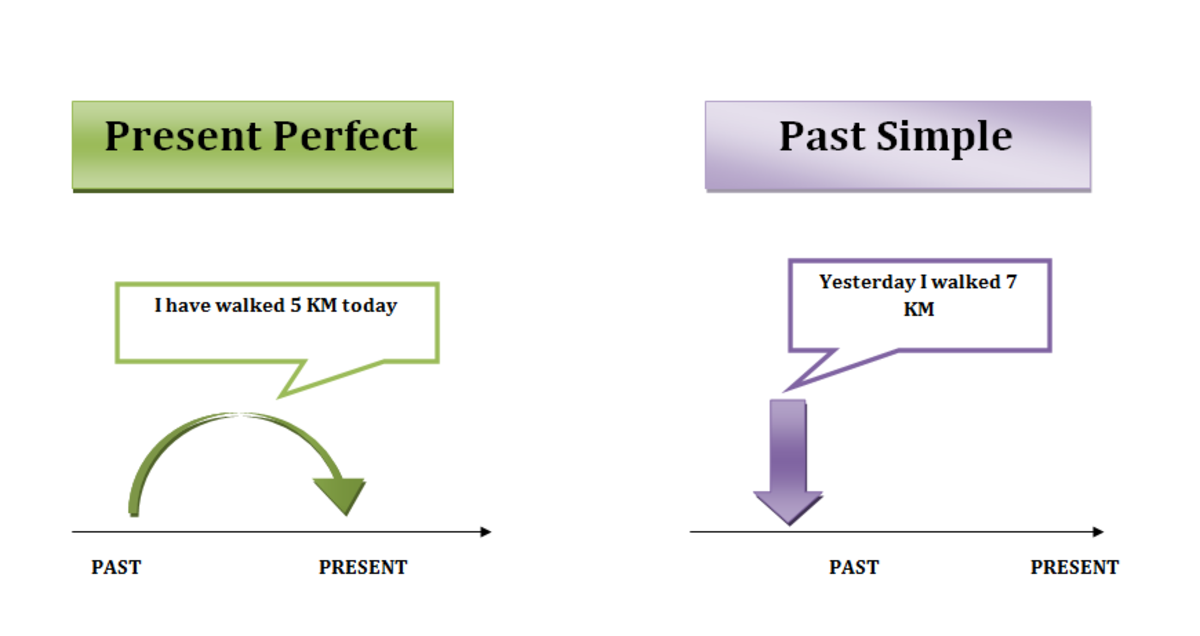- HubPages»
- Education and Science»
- Linguistics»
- English as a Foreign or Second Language
Learning English: Modal verbs in conditionals
Modal Verbs?
Modal verbs, or the full name modular auxiliary verbs, change the meaning of the verb which comes after it. They are the first thing you learn in English (can, could) and also verbs that you keep on learning right up until advanced level. They act in the same way with conditionals and for this first example I'm going to use my favourite football team: Derby County

Example
Using the third conditional.
If Derby County had played better last night, they would have won the match.
Remember: Everything about the third conditional is in the past, and it is totally hypothetical.
So in this sentence Derby County played last night, they didn't play really and they didn't win the match.
Now lets give three similar sentences using different modal verbs.
A) If Derby County had played better last night, they would have won the match.
B) If Derby County had played better last night, they could have won the match.
C) If Derby County had played better last night, they might have won the match.
So have all these sentences with similar words, but the meaning changes:
Would - this mean certainty, 100% that this was going to happen, so in sentence a) if they had played better they definitely would have won.
Could - This has two meanings and can mean to have the ability or possibility so in sentence b) there was either the chance (50%) they would have won, or they had the ability to win.
Might - This is lower possibility (30-40%)
You can see here in this second conditional - If I go to a meet-up, I could practise my Portuguese.This means to have the ability or opportunity.
You can see more on the second conditional by clicking here

Cudda, Wudda, Shudda
You've most likely heard this expression and I need to say that the grammar is terrible.
'cudda. wudda, shudda' 'translates' as could have, would have, should have. It's also a little silly to say it.
'Should have' is not really used with conditionals, but it talks about ‘regrets’ and hypothetical situations. It can also be used as a criticism of other peoples action or inaction.
So I'll give you an example: You have a friend talking about a girl he saw last night in a bar, and saying how beautiful she was:
Friend: I was in a bar last night and I saw a girl.
You: Great! What was she like?
Friend: She was so beautiful.
You: Did you speak to her? Did you get her number?
Friend: No, but I'm sure I would have done.
You: Cudda, wudda, shudda.
So here 'you' are saying that it was a missed opportunity. You said the friend had the opportunity to speak to the beautiful girl (could have), but the friend didn't. That they would have got the number of the girl (certainty), but they didn't because they didn't speak to her. Finally 'Should have' works as a criticism that the friend missed the opportunity and it would have been better to speak to the girl.
So anyway, enjoy your lives and if you have any questions write them below. Thanks.








